If you’re thinking about investing in Ethereum, it’s critical to find a reliable wallet to protect your digital assets. An Ethereum wallet is fundamentally a software application that allows you to interact with the Ethereum blockchain. This interaction lets you send and receive Ether (ETH), and manage your assets related to Ethereum. With so many options available, choosing the best Ethereum wallet might appear overwhelming. In this article, we will explore some of the top Ethereum wallets and highlight important features to consider when selecting the ideal wallet for your needs.
The most secure Ethereum wallet to use is a hardware wallet. Hardware wallets are physical devices that store your private keys offline, making them very difficult to hack. Two popular hardware wallets that support Ethereum are Ledger Nano and Trezor.
Types of Ethereum Wallets
Ethereum wallets come in several different types, including desktop wallets, mobile wallets, web wallets, and hardware wallets. Desktop wallets are software applications that you download and install on your computer, while mobile wallets are apps that you download to your smartphone or tablet. Web wallets are accessible through a web browser and do not require any software installation. Hardware wallets are physical devices that you plug into your computer or smartphone and store your private keys offline. Each type of wallet has its own advantages and disadvantages, so it’s essential to consider your needs before selecting a wallet.
Key Takeaways
- There are different types of Ethereum wallets, including hot wallets and cold wallets, desktop wallets, mobile wallets, web wallets, and hardware wallets.
- When selecting an Ethereum wallet, it’s essential to consider factors such as security, ease of use, and compatibility with other platforms.
- The top Ethereum wallets include MetaMask, Ledger Nano X, Zengo Wallet, Ledger Nano S Plus, and Trezor.
Table of Contents
Understanding Ethereum Wallets
If you’re new to the world of cryptocurrencies, you might be wondering what an Ethereum wallet is and why you need one. Simply put, an Ethereum wallet is a software application that allows you to store, send, and receive Ethereum and other digital assets built on the Ethereum blockchain.
Unlike traditional wallets that hold physical currency, Ethereum wallets hold digital assets such as cryptocurrencies, tokens, and other digital assets. These wallets use blockchain technology to securely store and manage your assets, making them a crucial tool for anyone looking to invest in cryptocurrencies.
When it comes to choosing an Ethereum wallet, there are many options available, each with its own unique features and benefits. Some wallets are designed for beginners, while others are more advanced and offer additional features such as support for smart contracts.
It’s important to choose a wallet that meets your specific needs and preferences. Some factors to consider when choosing an Ethereum wallet include:
- Security: Look for wallets that offer strong security features such as two-factor authentication, biometric login, and encryption.
- Ease of use: Choose a wallet that is easy to use and has a user-friendly interface.
- Compatibility: Make sure the wallet you choose is compatible with the operating system and device you plan to use it on.
- Supported assets: Check which digital assets the wallet supports and whether it supports the specific assets you plan to hold.
- Fees: Some wallets charge fees for transactions or other services, so it’s important to choose a wallet with reasonable fees.

Types of Ethereum Wallets
When it comes to storing your Ethereum, there are several types of wallets to choose from. Each type has its own unique features and benefits. In this section, we’ll explore the most common types of Ethereum wallets.
Hardware Wallets
Hardware wallets are physical devices that store your Ethereum offline, making them one of the most secure options available. These wallets are often referred to as “cold wallets” because they are not connected to the internet. Some popular hardware wallets for Ethereum include Ledger Nano X and Ledger Nano S Plus.
Software Wallets
Software wallets are digital wallets that can be downloaded and installed on your computer or mobile device. These wallets are often referred to as “hot wallets” because they are connected to the internet. Some popular software wallets for Ethereum include MyEtherWallet (MEW) and MetaMask.
Mobile Wallets
Mobile wallets are software wallets that are designed specifically for use on mobile devices. These wallets are convenient because you can access your Ethereum on-the-go. Some popular mobile wallets for Ethereum include Trust Wallet and Zengo Wallet.
Desktop Wallets
Desktop wallets are software wallets that are designed to be used on your desktop computer. These wallets offer a more secure way to store your Ethereum than online wallets. Some popular desktop wallets for Ethereum include Exodus and Mist.
Paper Wallets
Paper wallets are a form of cold storage that involves printing out your private key and public address on a piece of paper. This method is considered to be one of the most secure ways to store your Ethereum. However, it’s important to keep your paper wallet in a safe place where it won’t be lost or damaged.
Hot and Cold Wallets
Hot wallets are wallets that are connected to the internet, while cold wallets are not. Hardware wallets and paper wallets are examples of cold wallets, while software wallets are typically hot wallets. Hot wallets are more convenient for everyday use, but cold wallets offer better security for long-term storage.
In summary, there are several types of Ethereum wallets to choose from, each with their own unique features and benefits. Whether you prefer the security of a hardware wallet or the convenience of a mobile wallet, there’s an Ethereum wallet out there that’s right for you.
Top Ethereum Wallets
If you’re looking for a secure and reliable wallet to store your Ethereum, you have plenty of options to choose from. Here are some of the top Ethereum wallets to consider:
Metamask
Metamask is a popular Ethereum wallet that is available as a browser extension for Chrome, Firefox, and Brave. It is also available as a mobile app for iOS and Android. Metamask allows you to store and manage your Ethereum and other ERC-20 tokens, as well as interact with dApps and decentralized exchanges (DEXs) on the Ethereum network. It is a non-custodial wallet, which means you have full control over your private keys.
Exodus
Exodus is a multi-cryptocurrency wallet that supports over 100 different coins and tokens, including Ethereum. It is available as a desktop app for Windows, Mac, and Linux, as well as a mobile app for iOS and Android. Exodus offers a simple and intuitive interface, as well as features like built-in exchange and portfolio tracking. It is a non-custodial wallet, which means you have full control over your private keys.
Trezor
Trezor is a hardware wallet that provides an extra layer of security for your Ethereum and other cryptocurrencies. It is available in two models: Trezor One and Trezor Model T. Trezor allows you to store your private keys offline, which makes it less vulnerable to hacking and theft. It also supports multi-currency storage, so you can store multiple cryptocurrencies on the same device.
Ledger
Ledger is another popular hardware wallet that supports Ethereum and other cryptocurrencies. It is available in two models: Ledger Nano X and Ledger Nano S. Ledger Nano X offers Bluetooth connectivity and a larger screen, while Ledger Nano S is more affordable. Ledger allows you to store your private keys offline and supports multi-currency storage.
MyEtherWallet
MyEtherWallet (MEW) is a popular web-based wallet that allows you to store and manage your Ethereum and other ERC-20 tokens. It is a non-custodial wallet, which means you have full control over your private keys. MEW also allows you to interact with dApps and decentralized exchanges (DEXs) on the Ethereum network.
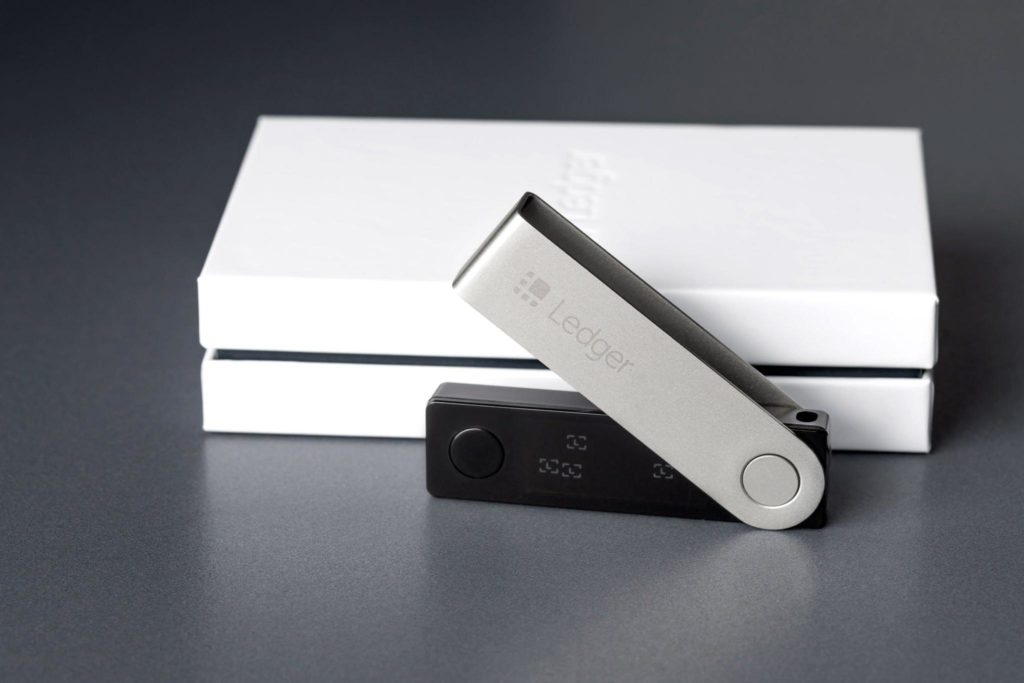
Key Features to Consider
When choosing the best ethereum wallets, there are several key features to consider that will help you make an informed decision. In this section, we will outline the most important factors to consider.
Security
Security is one of the most important factors to consider when choosing an Ethereum wallet. Look for a wallet that offers two-factor authentication, encryption, and other security features to protect your funds. Hardware wallets, such as Ledger Nano X and Trezor Model T, are considered to be the most secure options.
Ease of Use
Another important factor to consider is ease of use. Look for a wallet that is easy to navigate and user-friendly. Wallets such as Exodus and Guarda Wallet are known for their intuitive interfaces and ease of use.
Customer Support
Good customer support is essential when it comes to managing your funds. Look for a wallet that offers reliable customer support, with multiple channels of communication such as email, phone, and chat. Wallets such as MyEtherWallet and Trust Wallet are known for their excellent customer support.
Compatibility
Compatibility is an important factor to consider when choosing an Ethereum wallet. Look for a wallet that is compatible with your operating system and device. Wallets such as MetaMask and Guarda Wallet are compatible with multiple operating systems and devices.
Built-In Exchange
Some wallets offer built-in exchange services, allowing you to trade cryptocurrencies directly from your wallet. This is a convenient feature to have, but it is important to consider the fees associated with these services. Wallets such as Exodus and Trust Wallet offer built-in exchange services.
Fees
Fees are an important consideration when it comes to managing your funds. Look for a wallet that offers reasonable transaction fees and gas fees. Wallets such as MyEtherWallet and MetaMask offer customizable gas fees, allowing you to choose the amount you are willing to pay.
In conclusion, when choosing an Ethereum wallet, it is important to consider factors such as security, ease of use, customer support, compatibility, built-in exchange, and fees. By taking these factors into account, you can choose a wallet that meets your needs and helps you manage your funds with confidence.
Best Ethereum Wallets Conclusion
Choosing the best Ethereum wallet for your needs is an important decision. You want to make sure that your assets are secure and easily accessible. After researching and analyzing the top Ethereum wallets for 2023, we have come to the following conclusions:
- MetaMask is a great option for Ethereum blockchain users with Ethereum-based assets. It is a free, open-source platform that can store any of the thousands of digital assets. It is easy to use and has a good reputation for security.
- eToro is the overall best Ethereum wallet in 2023. Backed by a regulated brokerage, eToro offers the perfect balance between security and convenience. Users can choose from the eToro web wallet or mobile app, both of which support additional cryptocurrencies.
- Coinbase Wallet is a self-custody crypto wallet that puts you in control of your crypto, keys, and data. It allows you to store your ETH and NFTs conveniently and safely. However, it does attract transaction fees that range from 1.49% up to 3.99%.
- Ledger Nano X and Trezor are both hardware wallets that offer excellent security for your assets. They are great options for those who are willing to invest in a physical device to keep their assets secure.
- Zengo Wallet is a mobile wallet that offers a unique keyless security system. It is a great option for those who want to store their assets securely on their mobile device.
In conclusion, the best Ethereum wallet for you depends on your individual needs and preferences. Consider the level of security you require, the convenience of use, and the fees associated with each wallet. By doing so, you can make an informed decision and choose the best Ethereum wallet for your needs.
Frequently Asked Questions
What are the top 5 decentralized wallets for Ethereum?
The top 5 decentralized wallets for Ethereum are MyEtherWallet, MetaMask, Trust Wallet, Atomic Wallet, and Exodus. These wallets allow you to store your Ethereum and other ERC-20 tokens securely without the need for a centralized authority.
What is the best crypto wallet for storing Ethereum?
The best crypto wallet for storing Ethereum depends on your specific needs. If you want a hardware wallet, the Ledger Nano X and Trezor Model T are great options. For software wallets, MyEtherWallet, MetaMask, and Trust Wallet are popular choices.
How do I create an Ethereum wallet?
To create an Ethereum wallet, you can use a software wallet like MyEtherWallet, MetaMask, or Trust Wallet. Simply download the wallet software, follow the instructions to create a new wallet, and keep your private key safe.
Is Exodus a good Ethereum wallet option?
Exodus is a popular multi-cryptocurrency wallet that supports Ethereum and many other cryptocurrencies. While it is not a decentralized wallet, it is a secure option for storing your Ethereum and other digital assets. However, it is important to note that Exodus is a closed-source wallet, meaning that its code is not open for public review.
What is the best Ethereum wallet for storing NFTs?
The best Ethereum wallet for storing NFTs is a wallet that supports the ERC-721 token standard. MyEtherWallet, MetaMask, and Trust Wallet are all popular wallets that support ERC-721 tokens.
What are the different types of Ethereum wallets available?
There are several types of Ethereum wallets available, including software wallets, hardware wallets, and paper wallets. Software wallets are digital wallets that are installed on your computer or mobile device. Hardware wallets are physical devices that store your private keys offline. Paper wallets are physical pieces of paper that contain your private key and can be used to store your Ethereum offline.
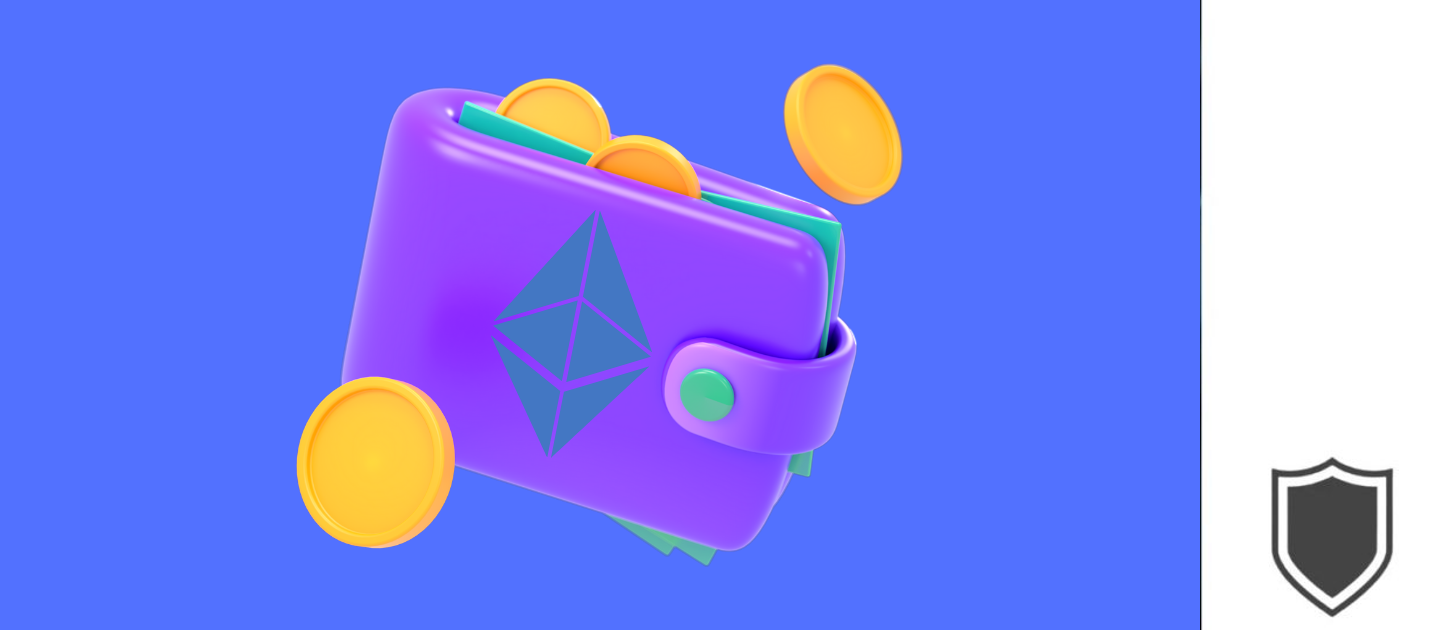


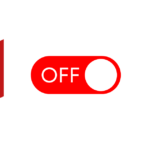


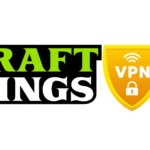

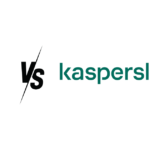
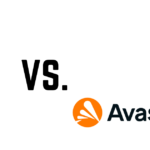

1 thought on “Best Ethereum Wallets: Securely Store Your Ether Tokens”